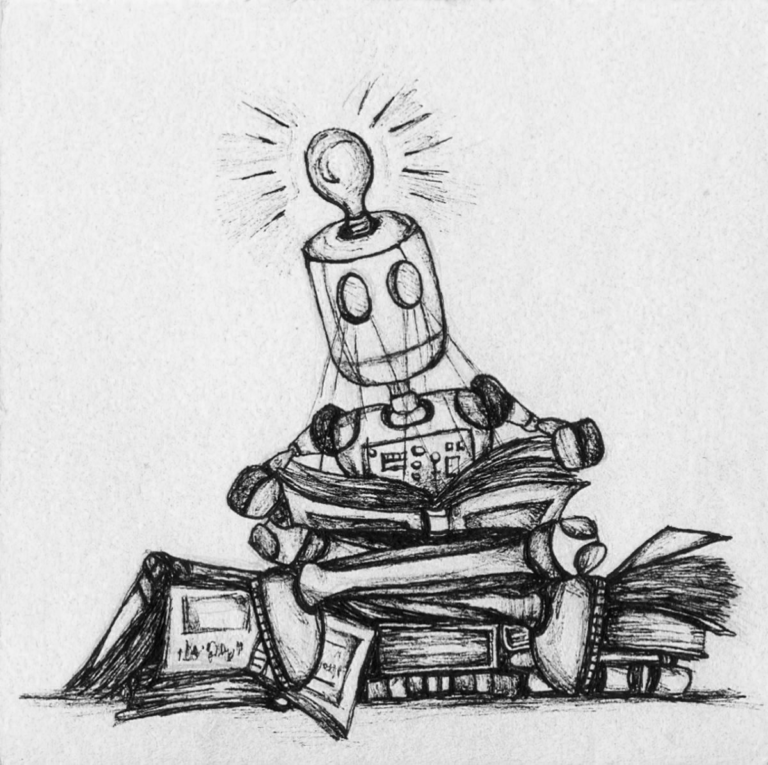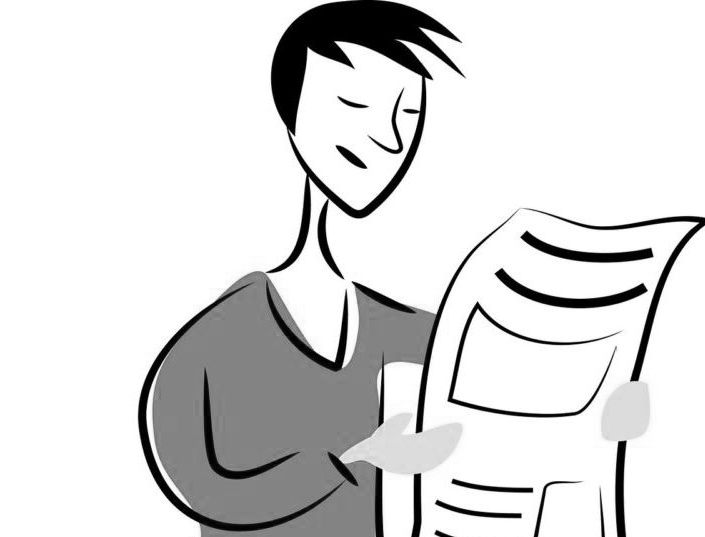Picture the scenario, if you will. You’re sitting at the last table of the World Series of Poker, facing off against Doyle Brunson, Annie Duke, and Scotty Nguyen. You know you’re facing three of the top players in the game. You know you’re playing for bragging rights, the status of being recognized as one of the top dogs in the sport, and that luscious cash prize. You’ve got one of the best hands you’ve seen in your entire life, but you know that there’s a very good chance one of the other players at the table has a better set. You also know that there’s also a very good chance that none of them have a better hand. Then, when one of them decides to raise the stakes just that much higher, you cave to the pressure and you fold. It happens to every poker player sooner or later, and it can be taken as a sign of performance anxiety.
The fact is, performance anxiety is something that every tournament-level poker player has to deal with, particularly if they’re up against players with reputations behind them. Now, as every true-blue gambler knows, reputation is hardly everything when it comes to poker. However, big-name players like Alan Goehring, Phil Helmuth, and many others can easily cause someone to start doubting their own skills. For many players, the slight show of worry and mild fear is enough to ruin their game. For others, only it underscores a slight insecurity in their ability to perform. Sadly, for a certain few, it turns into a full-blown case of performance anxiety.
Of course, this isn’t just limited to those who play the big-stakes, big-name tournaments. Even if you’re just playing at a table, with your friends from high school, you can get hit by performance anxiety. This is something that has happened to every poker player in the world, though some might misinterpret it as a defensive act, essentially assessing the risks and deciding to back out based on that assessment.
Interestingly enough, most people believe that performance anxiety is significantly more prominent the lower down the poker ladder you go. Beginners tend to get nervous when playing against other players that have more experience than they do, rather than taking it as a learning experience. performance anxiety comes into play when, in the face of a supposedly better player, they cave and fold rather than stick with the decision that a proper risk assessment would bring. According to some observations, some inexperienced players simply let their fear and lack of experience equate into an approximate lack of skill at the game. performance anxiety, while theoretically a natural part of learning the game, can sometimes be blamed on the crippled careers of who knows how many players right before they start.
Of course, a number of players have overcome their initial fears and managed to become successful career poker players. Chris Moneymaker, Phil Helmuth, Annie Duke, Liz Lieu, Doyle Brunson, and even the late, great Stu Ungar all managed to carve out a livelihood playing poker. All of them confronted their fears and overcame performance anxiety. In some cases, when faced with the pressures of the competitive arena, even the best pieces of the game face a little fear every now and then.






